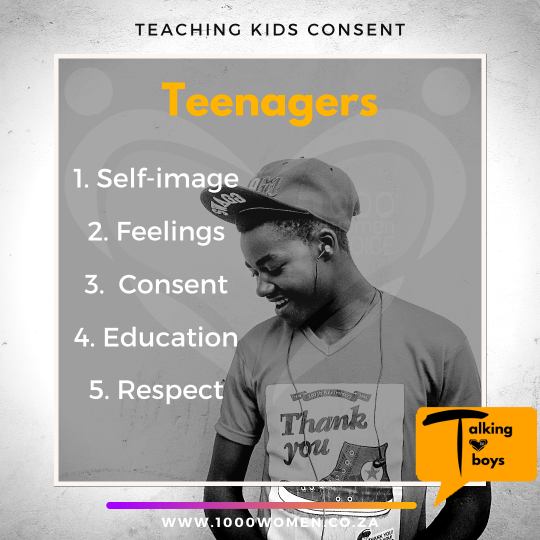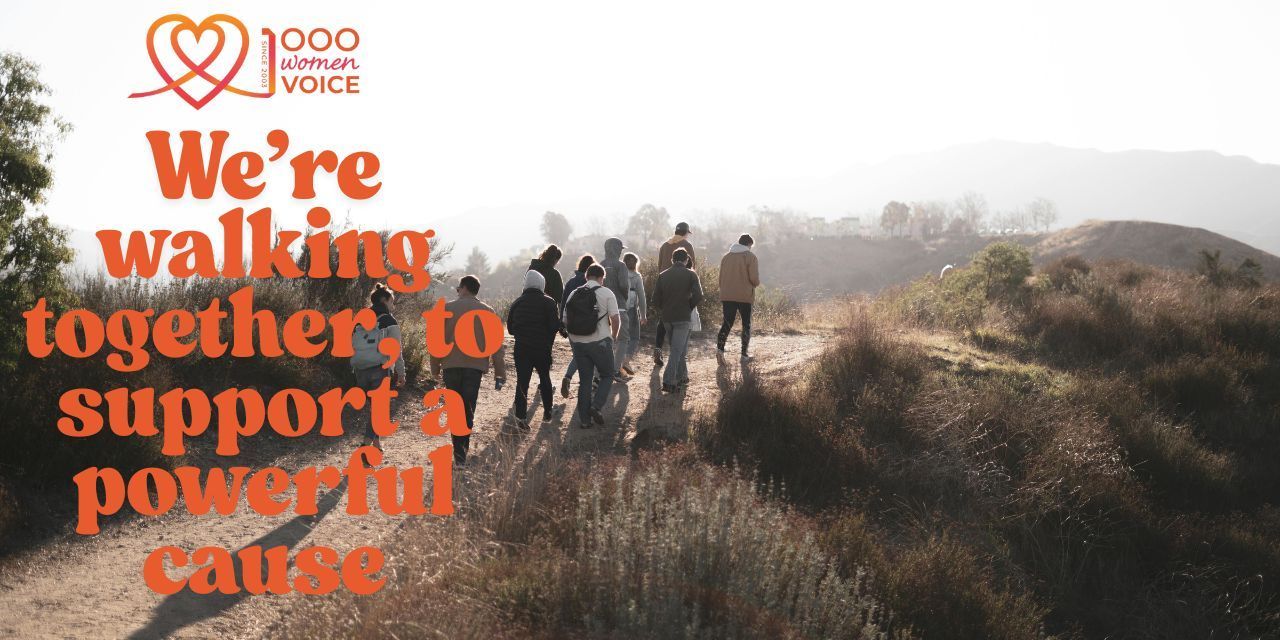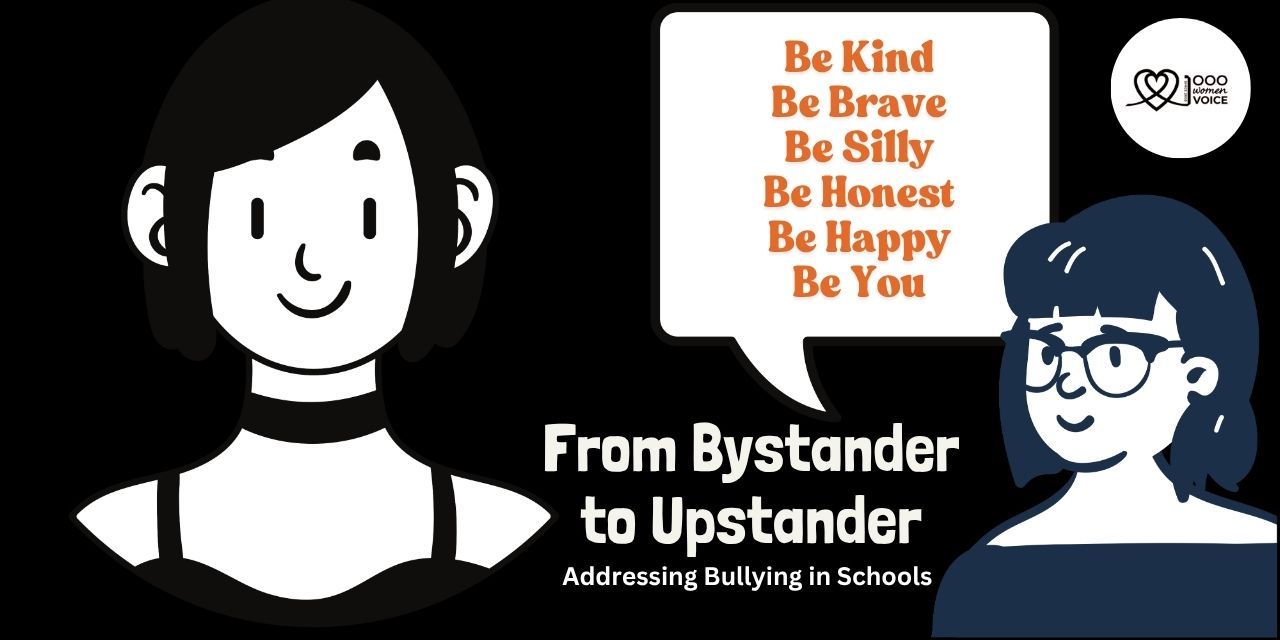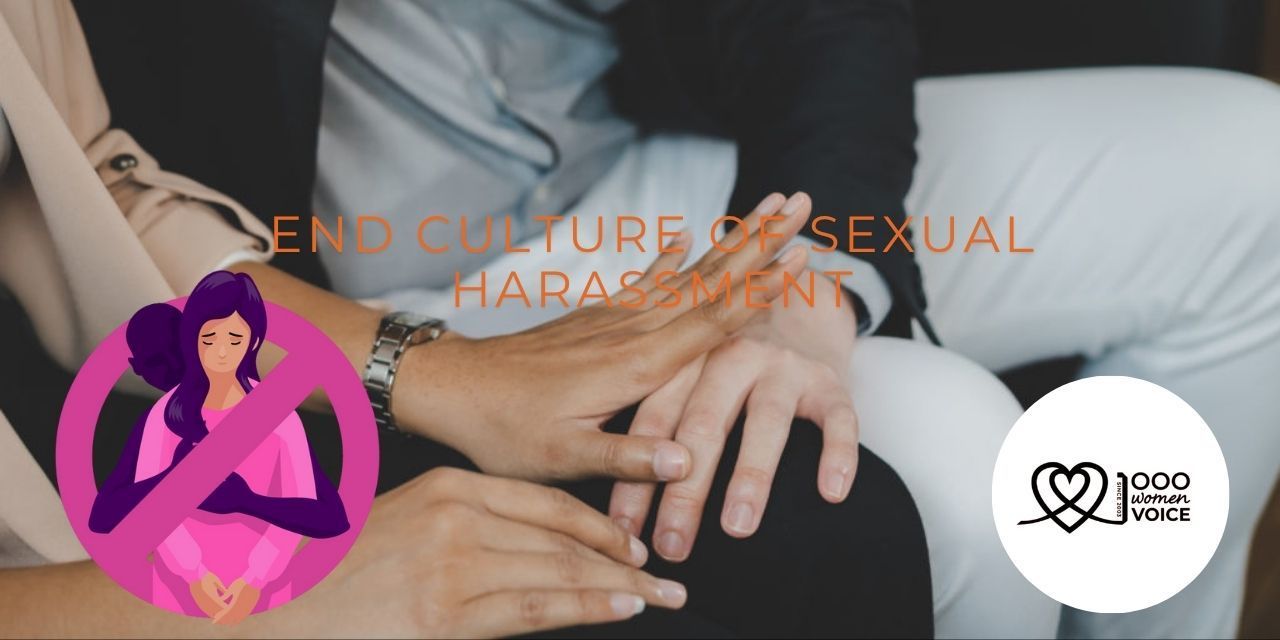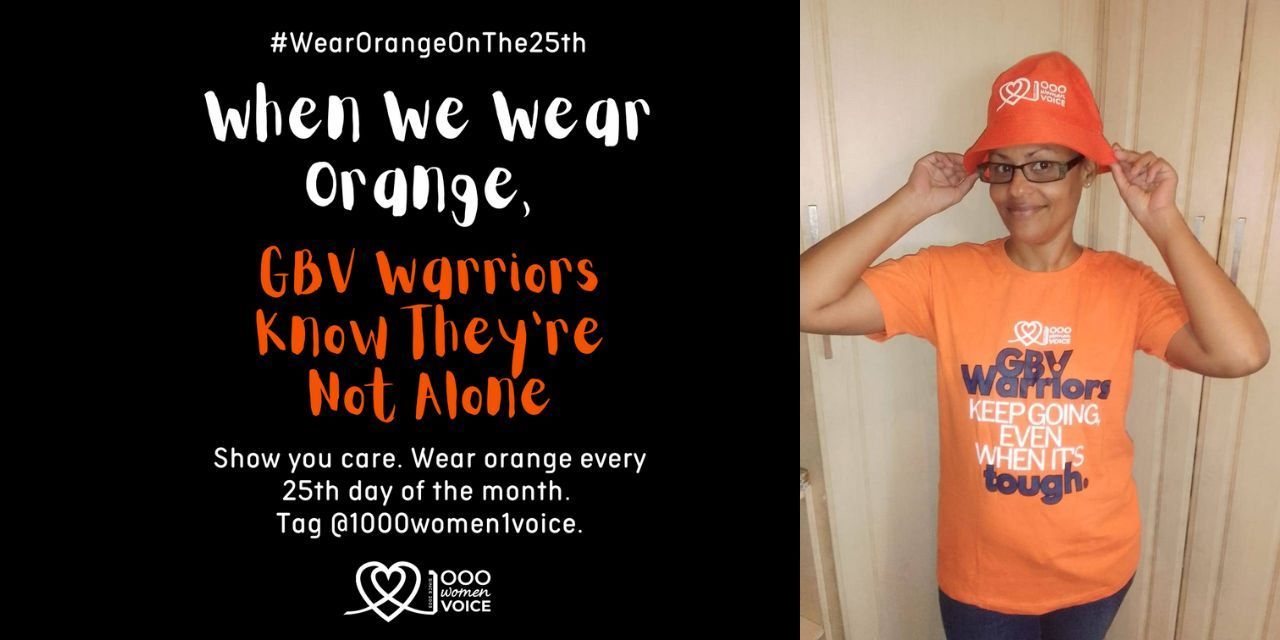Talking to boys Teens
Fathers of teens must teach them about consent and respect for someone else’s body
Words: Fanie Heyns
CAPE TOWN. – Talking to teenage boys and girls about the importance of consent is one of the most crucial aspects of teaching them to say no to gender-based violence and becoming peaceful and non-violent citizens of South Africa.
It is vital that boys are taught from a young age that boys and girls are equal and worthy of utmost respect.
Fathers must demonstrate that equality at home by setting an example, by treating their wives with enormous respect, and telling both their sons and daughters how special they are and why he is proud of both the boy and the girl.
That equal affirmation of both boy and girl endorses the view that they are equal and that no gender is subordinate to the other.
In some countries, gender-based violence is directed at women and girls by men which results in large part from women’s subordinate status in society due to traditional and cultural norms (patriarchal societies) and their low economic status (poverty).
1000 Women Trust is a women-led organisation that creates awareness about gender-based violence, abuse and rape and mobilises resources and give grants to organisations that support, raise awareness and provide opportunities for women and children who have survived gender-based violence. The organizations also amplify the voices of activists who advocate for change that can end gender-based violence and femicide.
The organisation is also embarking on campaigns to empower men to make their sons aware of their responsibilities regarding respect and consent for women and girls.
1000 Women Trust fully endorses the importance of men teaching their sons and daughters that no means no and yes means yes. Talk to you teen about kissing and sex and that both parties must give consent. Talk about what consent means.
Ask your teen how they will know that they want to be romantic friends and what that means, for example holding hands and asking the other person whether they want to be romantic friends and hold hands.
It’s important to stress that your teen is in control of their body and that no one is allowed to touch them without their permission. Keep having these conversations as it will show your teen that it is important to give and receive consent from their partners.
Affirmation is important. Tell your teen every day how proud you are of them. Tell them what you like about them. Compliment them about their talents, appearance and good work at school and home. and when they did something right.
It is important that your teenage sons and daughters derive their self-image not from their performance or from what other people think of them, but by your continuous affirmation.
Notice that when your teen learns a new skill and ask them to show you. Encourage them by learning new skills by showing them how to do something and assigning them more responsibility at home.
Remind them that all people are different and that they are perfect the way they are. Teach them body acceptance and self-love and remind them that what they see on television and social media, do not portray real people and real life.
Explain to them how they can take care of their body by exercising, eating healthy, and practising good hygiene.
Talk to them about bullying, what it is, and what to do if they feel they are bullied. Discuss different scenarios and equip them with the knowledge and skills to assert themselves.
Encourage them to speak out when they are bullied, to be unafraid to share their stories of bullying with their responsible teachers at school or with you at home so that the perpetrators can be exposed.
Teach your kids that if you do not accept your body and often speak negatively about yourself, it will set an example of a negative self-image for your child. Accept your body and speak positive words about yourself. Also, respect the body of the opposite sex, and do not touch the body of anybody else without consent.
Teens and young adults will experience hormone changes. Conversations about these changing hormones are crucial to help your child to understand their changing emotions and feelings.
Teach them it is okay and normal to experience sexual desire.
Talk to them about practical steps they can take to handle their emotions and feelings, for example by kicking a ball when angry or going for a jog when they need quiet time.
Explain that even though they may experience anger or frustration, it is not okay to be less kind or less respectful to those around them.
Be firm with setting boundaries for your teenage boys. Your teen will test the boundaries but needs these boundaries to feel safe.
Talk to your teen about sexual assault, sexual abuse and healthy sexuality.
Talk to your teen about what to do if someone including a teacher, pastor, family friend or relative touched them, spoke to them or suggested something that made them feel uncomfortable.
Teach your child that keeping secrets is bad. They should never feel forced to keep a secret of what a grown-up or friend did to their body. They must not believe the other person if they tell your teen they will harm their family.
Make sure your child knows that you will always believe them and trust them when they tell you about sexual abuse or that someone touched them in a way that made them uncomfortable. Talk to them about this often so that they know they can tell you anything.
Be mindful of how you talk to other people, including your partner and children, and of the things you say and the jokes you tell, movies you watch and songs you listen too.
If you use derogatory language or objectify women or men, your teen will follow your example.
Encourage your teen to talk about others how they would like others to talk about them.
Sex-talks and especially men discussing women starts in primary school.
Teach your child to respect all people, regardless of their gender, sexual orientation, race, or age.
Talk about scenarios and how your teen should handle it. For example, if someone made a sexually loaded comment about your daughter or if your son’s friend commented on a girls’ body. Explain to them that such comments are completely out of bounds.
Talk to your teen about peer pressure and what to do when they feel pressurised to do something. Tell your son and daughter how much you respect them and that is important for them to firmly say no when their peer group want to pressurize them into doing something they don’t feel comfortable doing.
Explain to them how they can get out of a situation when they don’t want to participate in what their peer group is suggesting they should do.
Show your teen that you respect them by listening to their opinion and give them the opportunity to make decisions. Stay calm and respectful. You set the example that they will follow.
